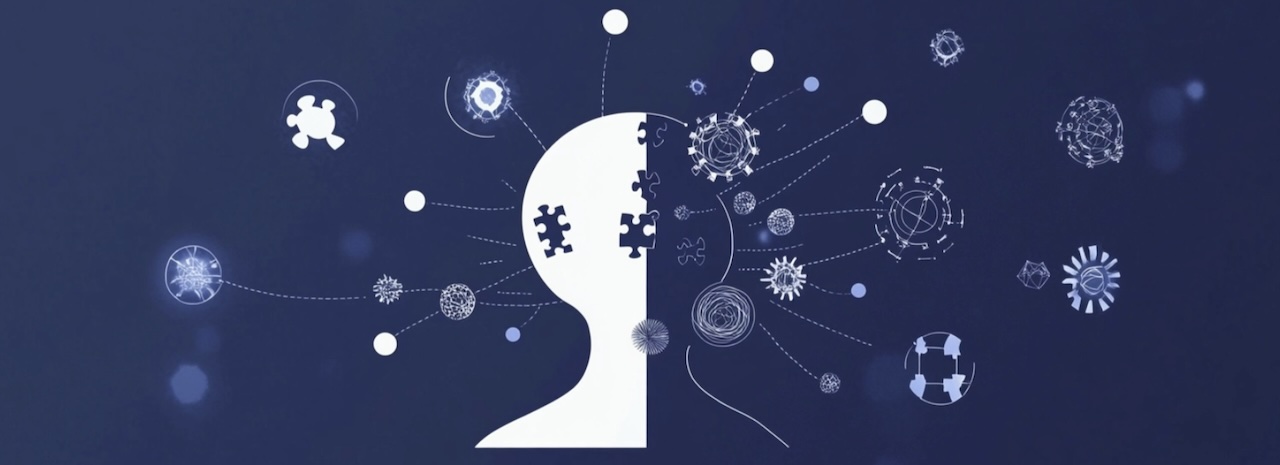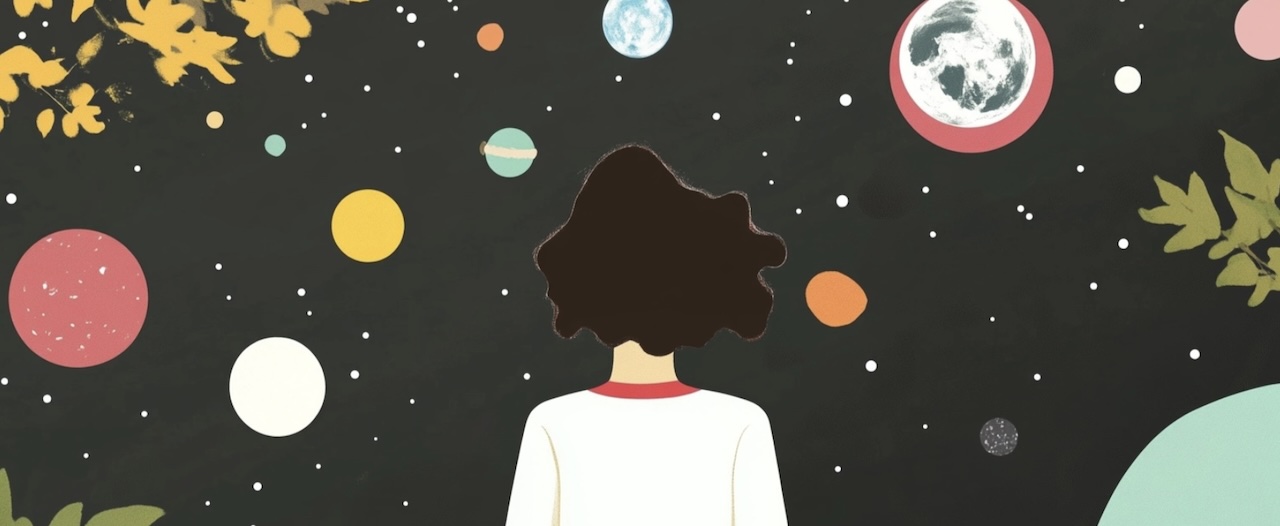The Jigsaw Puzzle of Self Hypothesis

How do people develop a sense of self? We propose that building the self is much like assembling a jigsaw puzzle: piece by piece, individuals construct a continuous image of who they are, linking their past, present, and future. In this process, a clearly structured sense of self lays the foundation for a stable and enduring identity. However, when conflicts arise in the working self-concept—threatening a person’s sense of clarity—the enduring sense of self becomes vulnerable. In such moments, individuals often turn to their autobiographical memories to resolve inner conflicts and restore a feeling of self-continuity (JPSP, 2020).
Building on this idea, we further suggest that a clear sense of self strengthens global self-continuity, which in turn promotes better self-control at both the individual and societal levels (PSPB, 2023). These findings highlight the importance of cultivating a clear sense of self early in life, such as during adolescence—a step that may have significant long-term consequences for reducing crime, substance abuse, irrational violence, and unhealthy behaviors.
The Transformative Power of Awe

Awe is a powerful emotion that reshapes how we see ourselves and the world. It makes us feel small in the face of something vast—like a starry sky or a moving piece of music—yet paradoxically lifts us beyond our individual concerns, fostering a deep sense of self-transcendence.
Our research shows that awe promotes the pursuit of the authentic self, leading to authentic prosociality (JPSP, 2022) and a stronger sense of meaning in life, especially for those who struggle with authenticity (Emotion, 2024).
Awe also changes how we experience solitude: it helps people feel comfortably alone rather than lonely, fostering positive attitudes towards solitude. Remarkably, even a brief dose of daily awe experiences—whether through nature, art, or everyday moments—can significantly boost well-being (Nature Mental Health, 2024; JPSP, 2024).
In a busy, often self-focused world, awe reconnects us to something larger—and to our most authentic selves.
Redefining Well-Being through the Lens of Awe

The modern conversation around well-being often focuses too much on the endless pursuit of happiness and the avoidance of distress. We propose a broader view—one that values composure, balance, and the ability to navigate all of life’s experiences with equanimity. True well-being is not about constant positivity, but about flourishing mentally and physically through emotional steadiness and openness to life’s ups and downs.
Our research shows that awe plays a crucial role in fostering this deeper form of well-being. By promoting a broadened temporal perspective, awe helps people maintain an even-minded state when facing pleasant, unpleasant, or neutral experiences (JPSP, 2024). Further studies (under review) reveal that awe also reduces rumination and supports positive coping, helping individuals engage with life more resiliently and meaningfully.
The Unique Nature and Psychosocial Implications of Awe

Awe is one of the most profound emotions people can experience. It makes individuals feel small in the presence of something greater—whether it is nature, art, or a powerful idea—while deepening their sense of connection to others and the world around them.
In this review, we examine how awe reshapes the sense of self, promotes kindness, supports well-being, and helps people find deeper meaning in life. We also explore why studying awe scientifically presents unique challenges, how it encourages a broader, less self-centered perspective, and how experiences of awe show both universal patterns and cultural variations.
Understanding the transformative power of awe reveals how even brief moments of wonder can leave lasting, positive impacts on people’s lives (Nature Reviews Psychology, 2024).
The Mental Traveling Nature of Nostalgia

For years, nostalgia was seen as little more than “rose-tinted reminiscing”—a sentimental trap that kept people stuck in the past. However, emerging research shows that nostalgia is far more dynamic and future-oriented. We suggest that rather than rejecting change, nostalgia serves as a form of mental time travel, helping individuals manage their experiences in meaningful ways.
In a series studies, nostalgia encourages people to curate their memories, much like an archivist carefully preserving treasured moments that shape personal identity (under review). It also fosters a preference for things that endure, which stand the test of time (under review).
Rather than trapping people to the past, nostalgia acts as a bridge between what was and what could be, guiding individuals forward with a deeper sense of continuity and purpose.